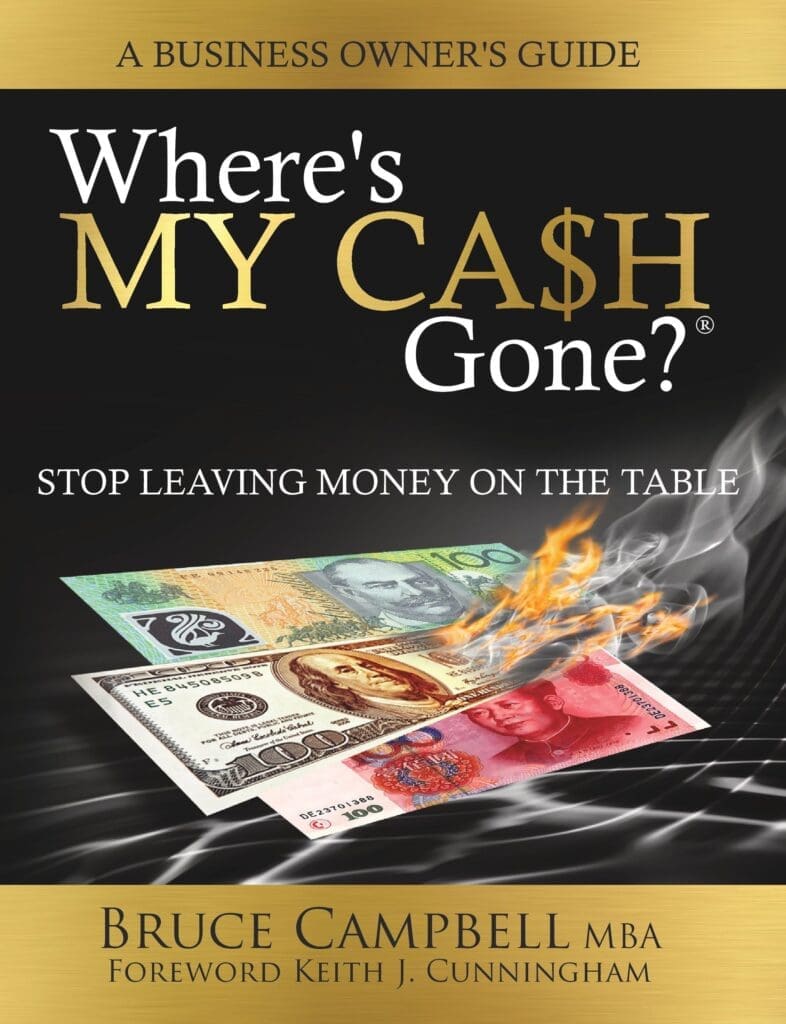
Opportunity – Your Biggest Cost
October 11, 2023
In Economics, Opportunity Cost is defined as the cost of an opportunity forgone.
You may dismiss this as you might not view yourself as a student of economics, but in most small-to-medium sized businesses today, Opportunity Cost is usually one of the biggest loss of profit costs there is.
For most businesses today, there are four main categories of Opportunity Cost:
1. The Product Opportunity Cost
Scenario: A customer asks you for a product you don’t sell. You don’t stock or supply it and hence, you lose the profit from a sale; that is Product Opportunity Cost. Perhaps this happens very infrequently, so you offset the cost of the lost sale against the cost of managing and maintaining inventory.
If enough people ask for the same product, you will quickly conclude that you need to be selling that product in order to not lose out on future sales. This is an easy one; the decision whether to sell a particular product is usually quite simple.
2. The Stock Opportunity Cost
Scenario: A customer asks you for a product you do sell, but for some reason, you don’t have it in stock. You lose the sale again. Here, good inventory management practices are what it takes to avoid this.
Depending on your business, getting your inventory correct is not always easy, and it may take some investment in systems to get this right. Again this cost is relatively easy to understand and manage.
3. The Time Opportunity Cost
How a business owner decides to spend his time is hugely important. Have you ever stopped to consider the Opportunity Cost of your time? Let’s take one of my all-time favourites- the business owner who does his own bookkeeping. Bookkeeping is something that most people in business can do adequately competently if necessary and so, many do. The thought process behind this is, “Why should I take money out of my pocket to pay someone for a job that I can do perfectly well; it won’t take all that long to complete it.” The Opportunity Cost here is as follows: As the business owner, you need to analyse and understand what is the most valuable and important contribution you bring to the business. Invariably, this is your ability to develop the business, promote important relationships, build your team, make the big sales, look for the next big deal etc. When you are operating in this mode, your time has a value of $100 – $2000 an hour, depending on the business. Bookkeeping is worth no more than $20-$40 and hour. Business owners who get their heads around this one start to make big strides.
4. The Knowledge Opportunity Cost
This is the most expensive and of all. There are opportunities all around us. What prevents us from taking them? Mostly, it’s a lack of adequate knowledge. For example, the reason we don’t all make a killing on the stock exchange is because we lack the knowledge to do this. By educating yourself about the ways of the stock exchange, you would put yourself in a position to make a whole lot of money. This is true of education in general, and more specifically of business education. A large proportion of people in business either have had limited business education or their business education falls short of their present opportunity needs. Education may seem like a really blunt tool to use to be more successful in business, but it is the ultimate one. While it may take time and money to increase your education, it is well worth it, and infinitely beats the cost of being ignorant.
Once you are able to understand the concept of Opportunity Cost, the importance and value of the concept of working On Your Business vs working In Your Business should become clear. A business owner who works on his business understands the Opportunity Cost of his business not constantly improving and growing. A business owner needs to leverage himself/herself to the point where most of his/her time is spent on the most valuable activities- namely the ones that lead to improvement and growth.
See our events page for information on all of our upcoming events
BUSINESS GROWTH WORKSHOPS
Christchurch
Date April 29, 2024
Entry 5:15pm – 5:30pm
Workshop: 5:30pm – 7:00pm
Address
HAERE-ROA (University of Canterbury), 90 Ilam Road, Ilam, Christchurch 8041, New Zealand
HAERE-ROA (University of Canterbury), 90 Ilam Road, Ilam, Christchurch 8041, New Zealand
Queenstown
Date May 2, 2024
Entry 5:15pm – 5:30pm
Workshop: 5:30pm – 7:00pm
Address
Mercure Queenstown Resort, 21 Sainsbury Road, Fernhill, Queenstown 9300, New Zealand
Mercure Queenstown Resort, 21 Sainsbury Road, Fernhill, Queenstown 9300, New Zealand
Timaru
Date April 30, 2024
Entry 5:15pm – 5:30pm
Workshop: 5:30pm – 7:00pm
Address
The Grosvenor, 26 Cains Terrace, Timaru 7910, New Zealand
The Grosvenor, 26 Cains Terrace, Timaru 7910, New Zealand

